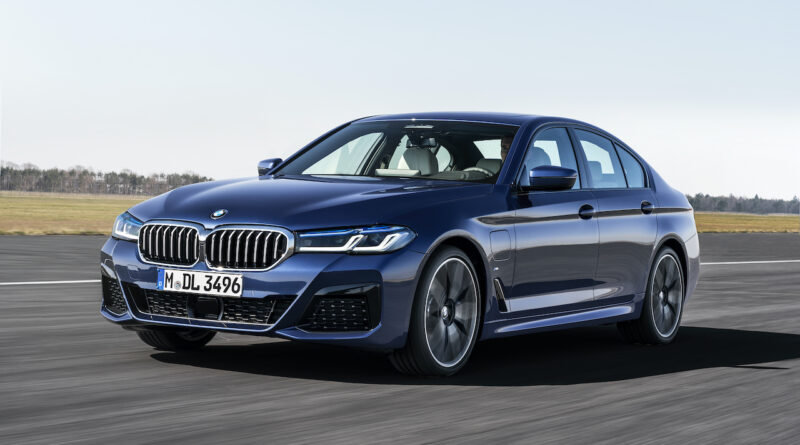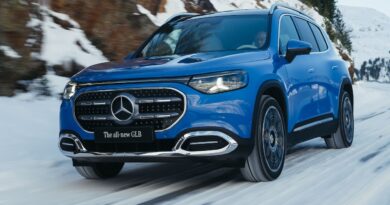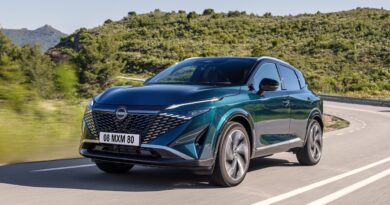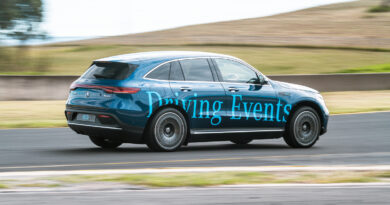BMW 5-Series and X1 EVs confirmed, doubles-down on going green
German luxury manufacturer BMW has announced an increased focus on electric vehicles. revealing a battery electric versions of the 5-Series sedan and X1 compact SUV are on the way.
And it has significantly ramped up its commitment to becoming a cleaner, greener auto company.
The future 5 and X1 model lines will be offered not only as EVs but also as plug-in hybrids and diesel and petrol ICE teamed with 48-volt mild hybrid systems.
No launch date was given for either, but BMW did say the 5-Series would share its powertrain tech with the next-generation 7-Series limousine, which is expected in 2022 and has already been confirmed as offering an EV variant.
This multi-drivetrain strategy will roll out more widely across BMW model lines over time.
BMW made some specific model timing commitments as part of its announcement in Germany yesterday.
It said it would have five EVs on sale in 2021, with the iX3 SUV, iNext SUV and i4 saloon joining the i3 and Mini Cooper electric.
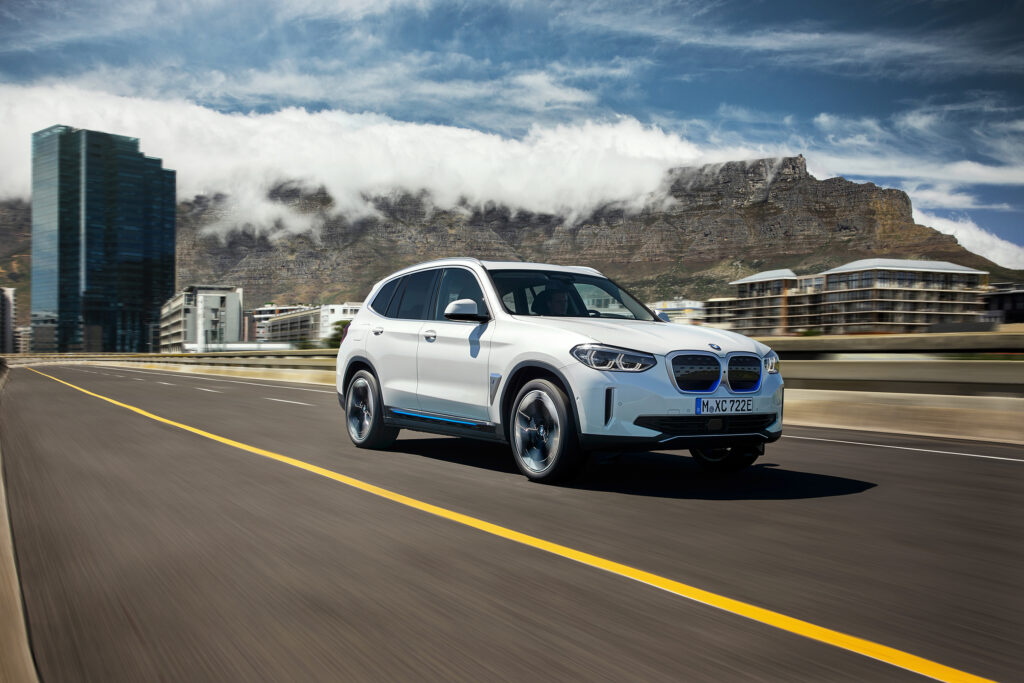
By 2023 it intends to have 25 electrified models on sale with half of them fully electric. It also intends to reduce its CO2 output by a third by 2030, equating to 40 million tonnes across 2.5 million vehicles.
In 10 years, BMW promises to have around seven million electrified vehicles on the road with around two-thirds of them fully electric.
BMW is aiming to cut carbon emissions by 80 per cent per vehicle from its production process and sites and wants to have the most sustainable supply chain in the industry.
“I firmly believe the fight against climate change and how we use resources will decide the future of our society – and of the BMW Group,” Chief Executive Officer Oliver Zipse said.
“As a premium car company, it is our ambition to lead the way in sustainability. That is why we are taking responsibility here and now and making these issues central to our future strategic direction
“This new strategic direction will be anchored in all divisions – from administration and purchasing to development and production, all the way to sales. We are taking sustainability to the next level.”
And in a move that makes the commitment that much more palpable, Zipse promised that executive pay would be impacted by how successful BMW is at achieving its goals.

BMW’s push to more challenging electrified goals reflects just how tough it is for automakers to reach the EU’s strict CO2 regulations, which will drop to just 95g/km corporate average in 2021.
Meanwhile, in a separate announcement, BMW revealed it would be introducing limited numbers of hydrogen fuel cell-powered X5 large SUVs from 2022.
Dubbed the i Hydrogen NEXT, it will be powered by fuel cells supplied by Toyota.
The technology “could have the potential to become another pillar in the portfolio of BMW,” Zipse said.

